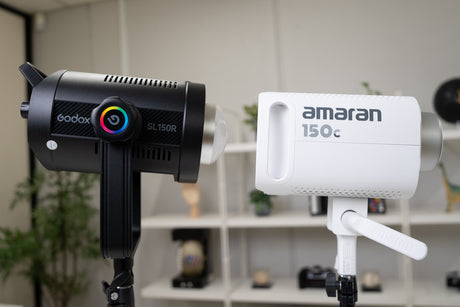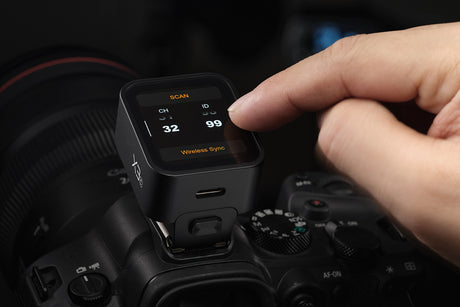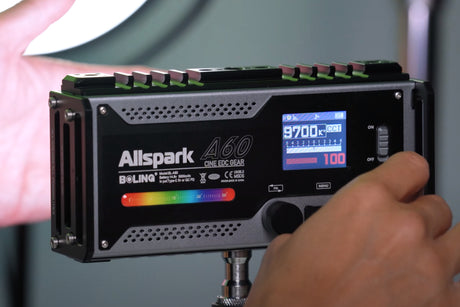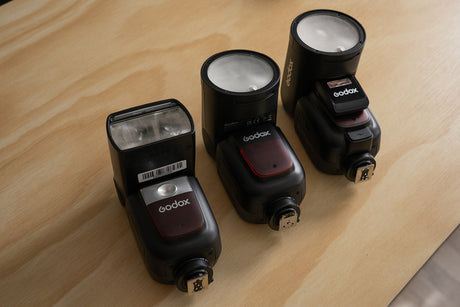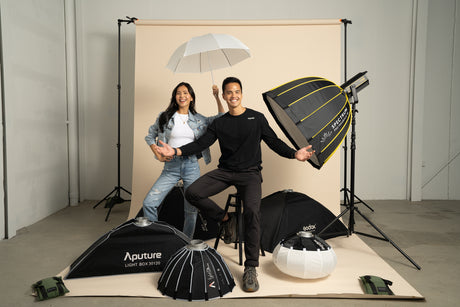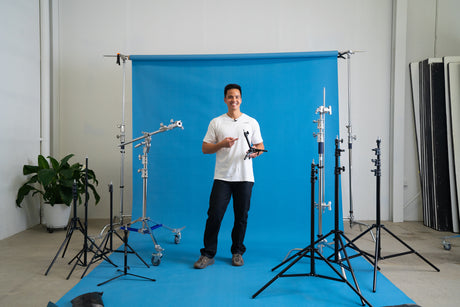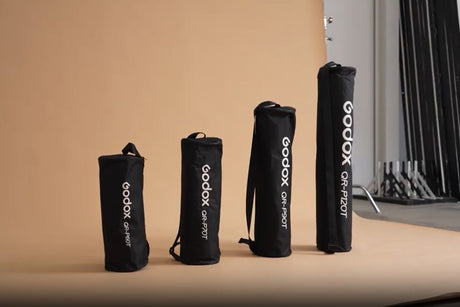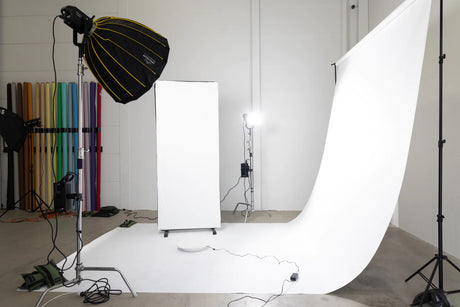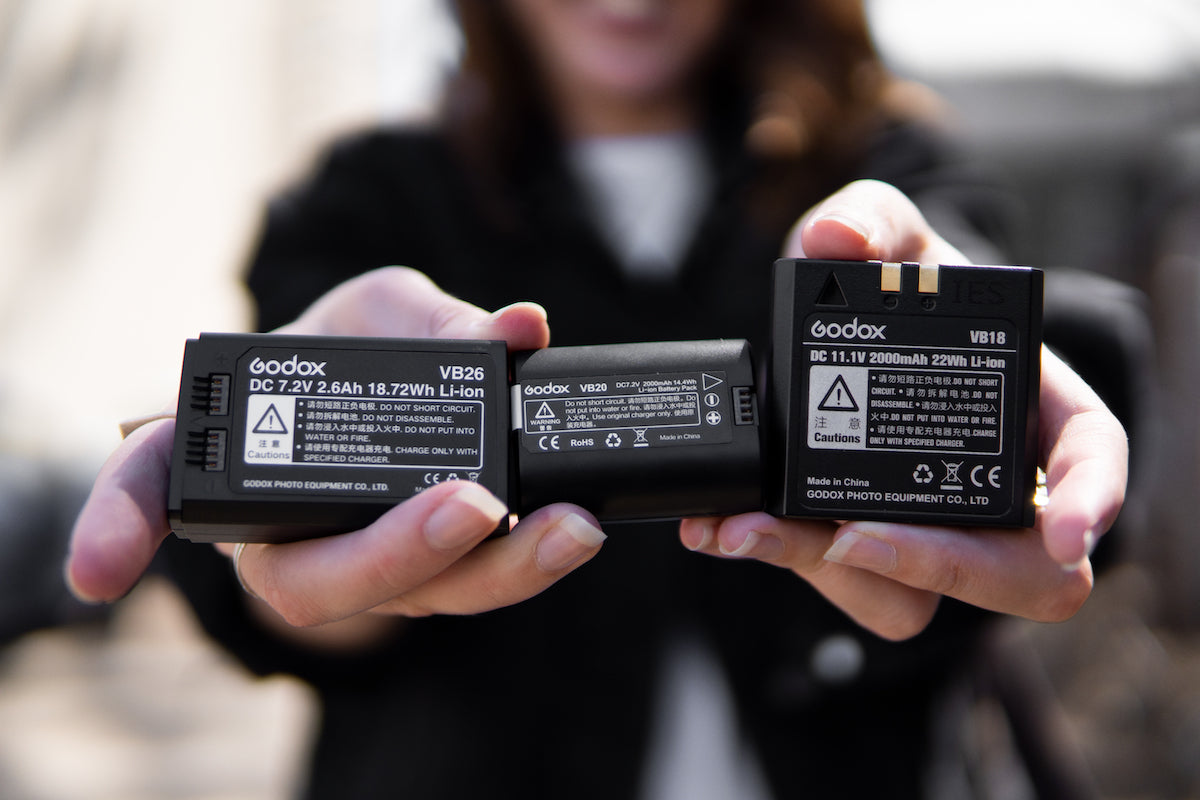
Taking care of our batteries probably isn’t something most of us think about much, but batteries need some TLC too. In this article, we’re going to look at how to take care of Godox batteries so that they will continue taking care of your photography needs.
Godox batteries might not be the highest-quality lithium-ion batteries that you can buy, but there are some things you can do to make them last longer and work better.
There are six tips to follow to get the best out of your Godox batteries. As lithium-ion batteries, they do need a bit of careful handling because they don’t have charge leveling between the cells, and the charge controllers aren’t the most advanced.
Some of these tips may seem a bit strange and pointless, but they are the best practices based on general lithium-ion battery principles. If you follow these rules, your batteries should keep performing well and not let you down on the job
Tip #1 - Take Your Batteries Out After Use
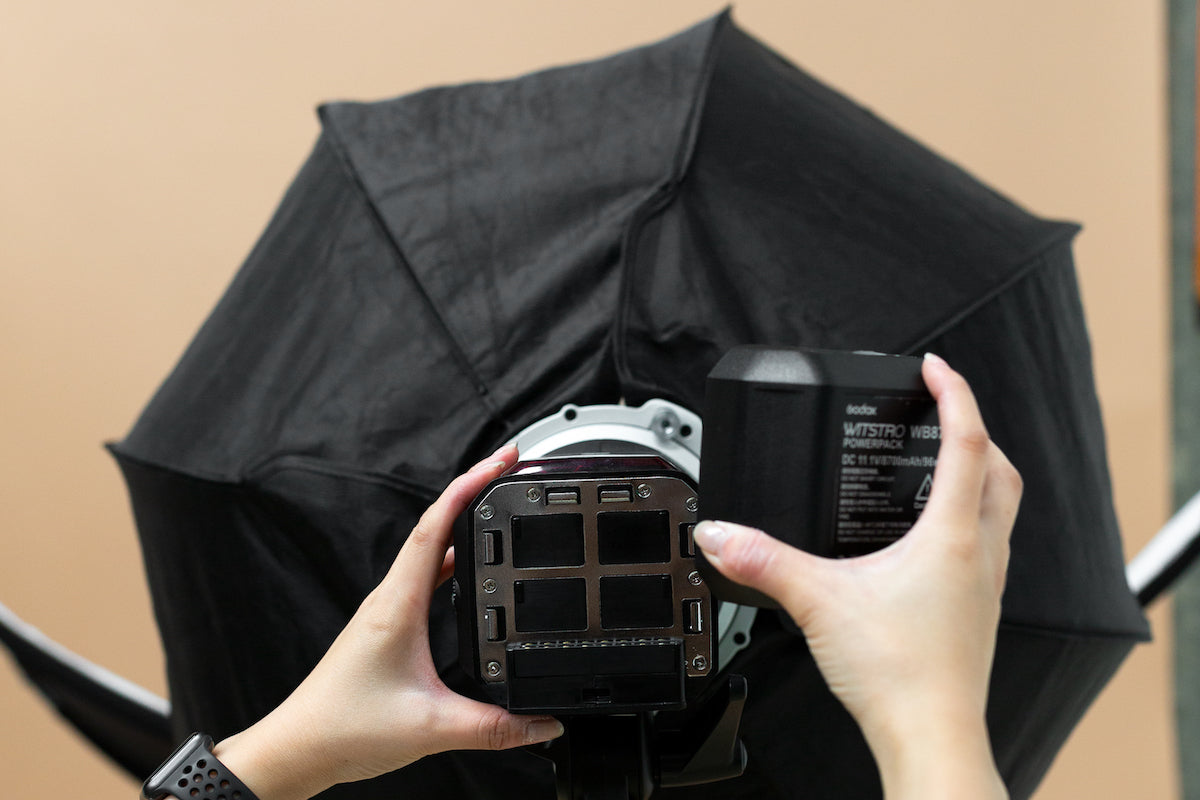
When you have finished your photoshoot, make sure to take your battery out of your flash. Yes, it’s much easier just to keep them in, but if you do then some current does leach out and it can end up with these batteries being drained down.
The safest way to store them is in a storage case - not metal - in a cool, dry place.
Tip #2 - Don’t Store Them Fully Charged
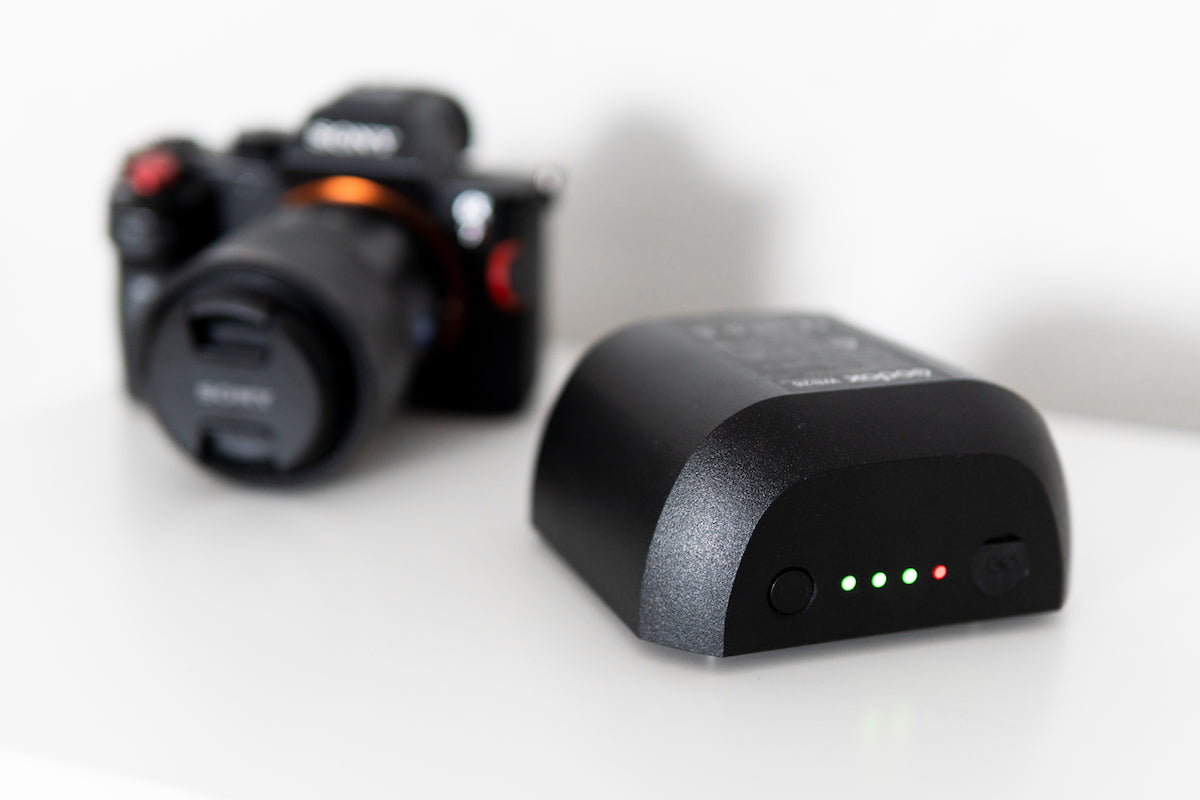
When you’ve finished your shoot, don’t put your batteries on a charger to get them to full charge and then put them in a box.
Check how much charge your batteries have after a shoot by putting them on a charger for long enough to see how much charge it has. If it’s around 50% then it’s fine to put away.
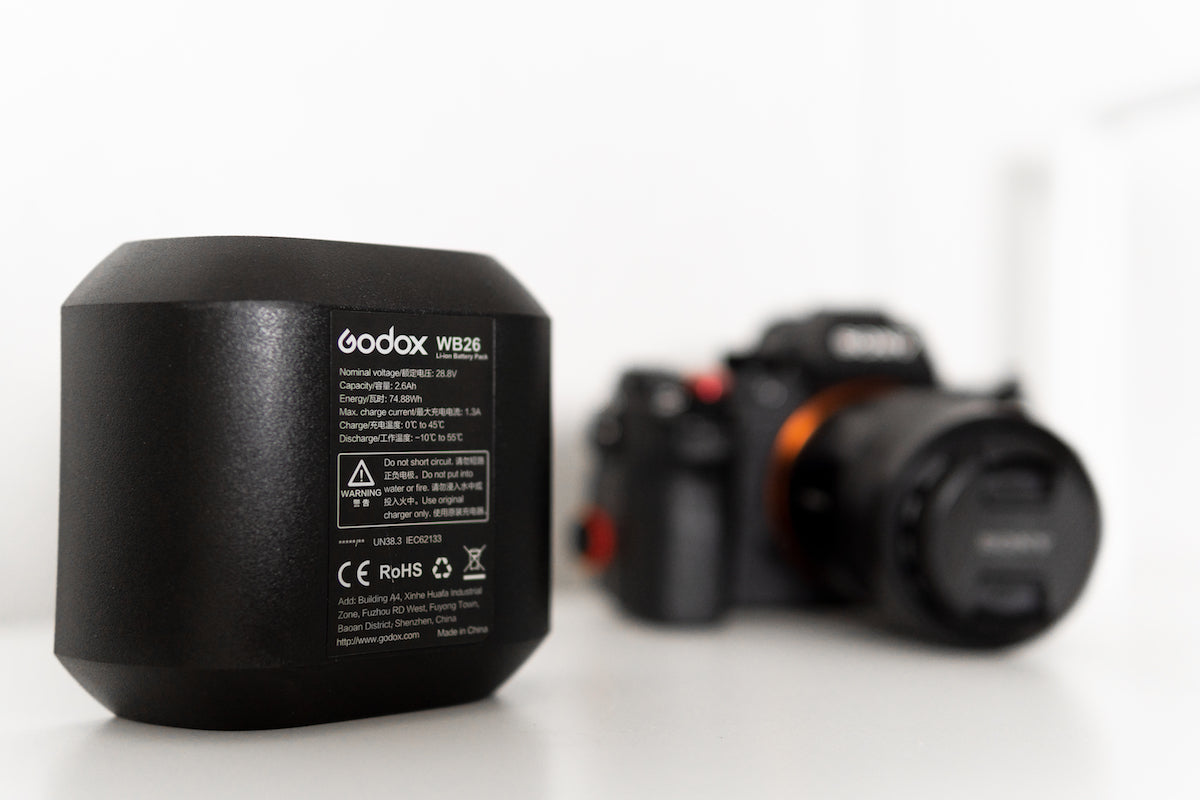
If you’re shooting first-thing the next day and want fully-charged batteries, then charge it up to full and put them away to use in the morning. However, if you’re not going to be using the batteries within the next 12 hours, then leave it between 50-80% charged. If it’s at zero, then charge it up a bit before putting it away.
This helps the cells to last longer while in storage.
Tip #3 - Don’t let them Overheat
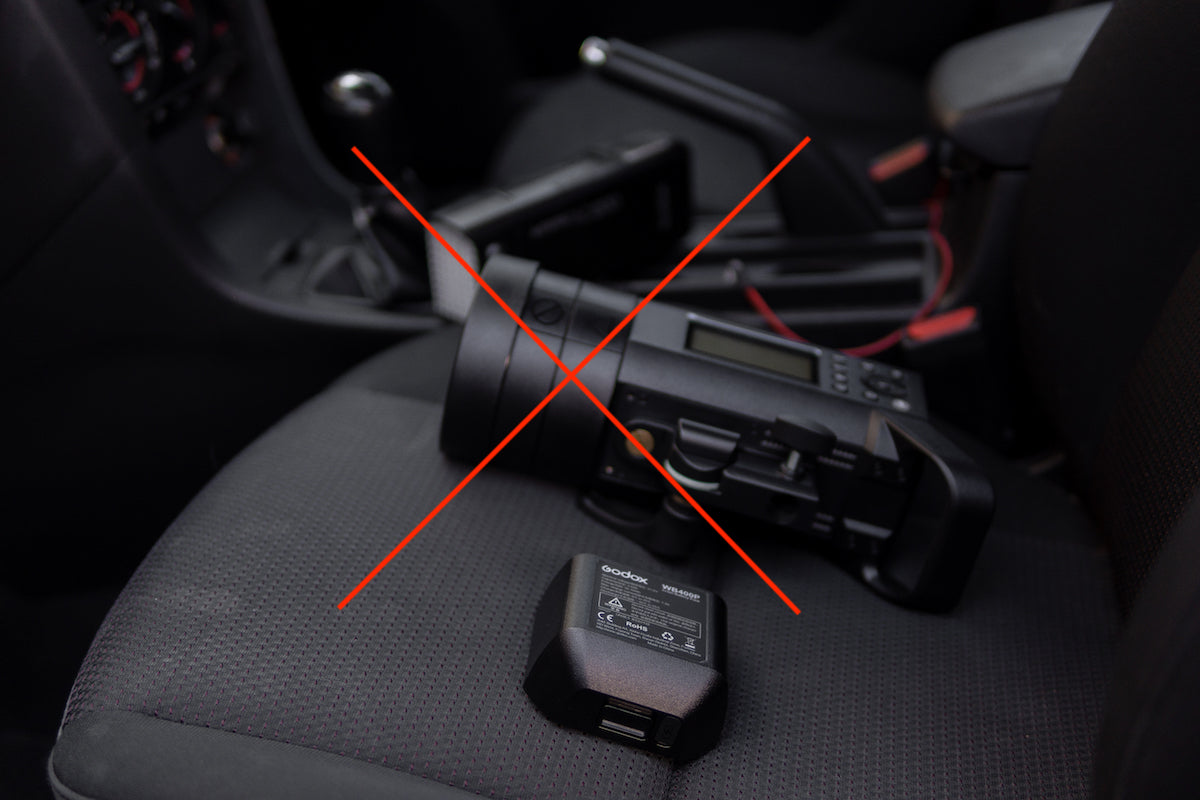
Don’t let your batteries get hot. That can mean a few different things - for instance, don’t leave your batteries in a car on a hot day, as they can catch fire. That’s typical of bigger lithium-ion cells, so try to keep them in a cooler place.
When you’re using your flashes the batteries will sometimes heat up, this is normal and they will cool down eventually. One thing you should avoid is putting your batteries on to charge immediately after using them heavily, as they are already hot and charging them will heat them up even more. This can damage the cells, so let the battery cool down first before charging it.
Tip #4 - Don’t Leave them Charging
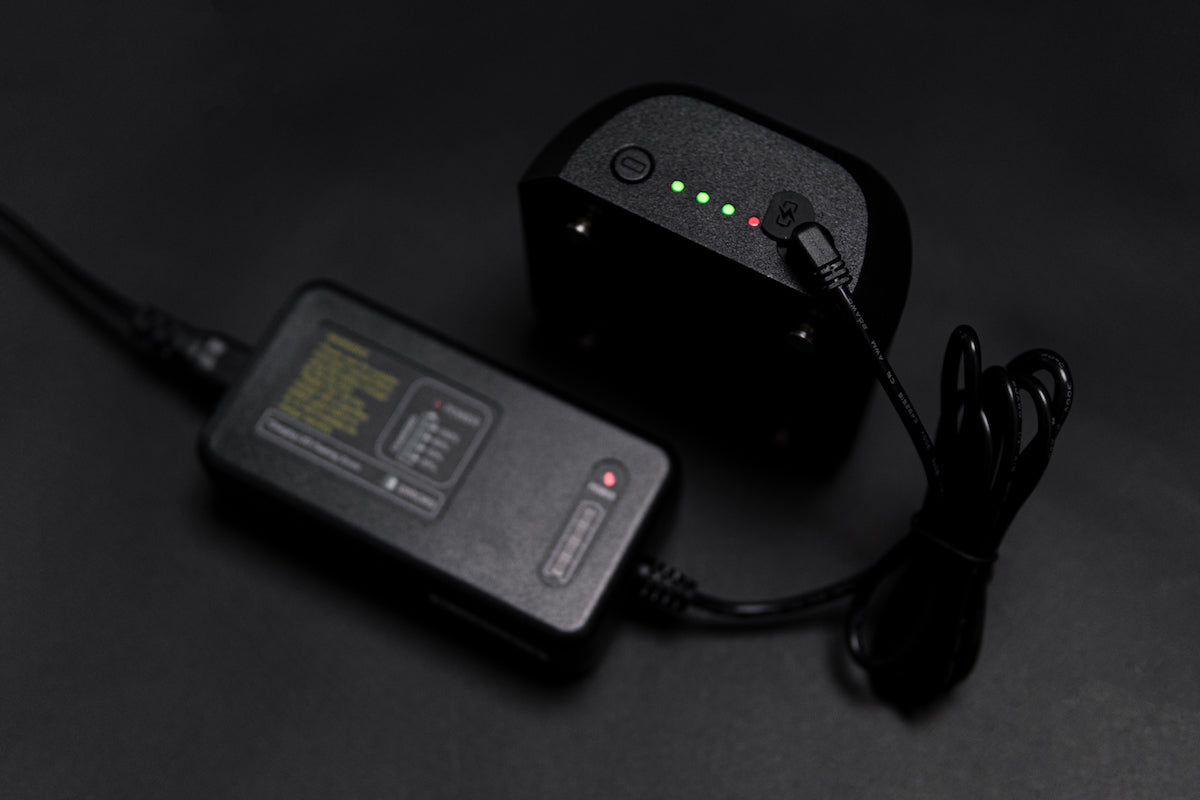
This is a common mistake, and is possibly one of the biggest reasons why these batteries don’t live as long as they should.
Once the battery is charged up to 100%, take it off the charger and use it. Or take it off and leave it aside for a shoot the next day (as we mentioned earlier). Don’t leave it sitting on the charger constantly, even though it’s convenient to have a battery always fully-charged.
It’s not the best thing for the battery, and it’s not safe either. Many fires have started because of batteries left on the charger. They heat up, the structures inside break down, and they catch fire. You may have done it before and been lucky, but don’t take that risk.
Also for extra safety, charge the batteries in a room that has a smoke detector in it, or a room where you can keep an eye on them as they charge.
Tip #5 - Don’t Drain to Zero
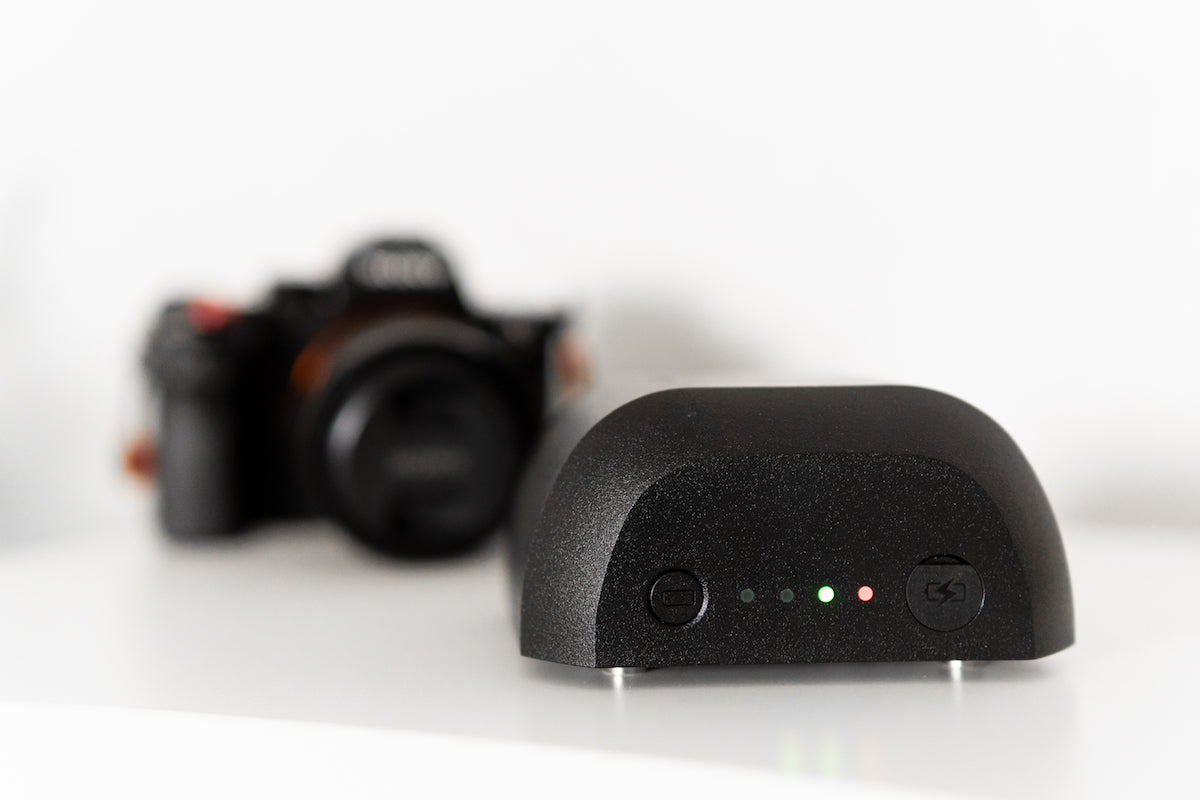
While overcharging is bad, running your batteries to total exhaustion isn’t good for them either.
If you get to around 10% charge while using your flash or camera, then take the batteries out and put fresh ones in.
There used to be a rule with nickel metal hydride batteries that you should run them down completely occasionally, then charge back up to 100%, and some people think it still applies to lithium-ion batteries. It doesn’t, so it’s safest to let them run down to zero only when absolutely necessary - especially bigger AD600 batteries, as there’s a danger they’ll stop working entirely.
The charge controllers won’t recognise the cells any more because the voltage isn’t high enough to be recognized by their programming, so try not to let them get all the way down to zero.
Tip #6 - Always Carry a Spare
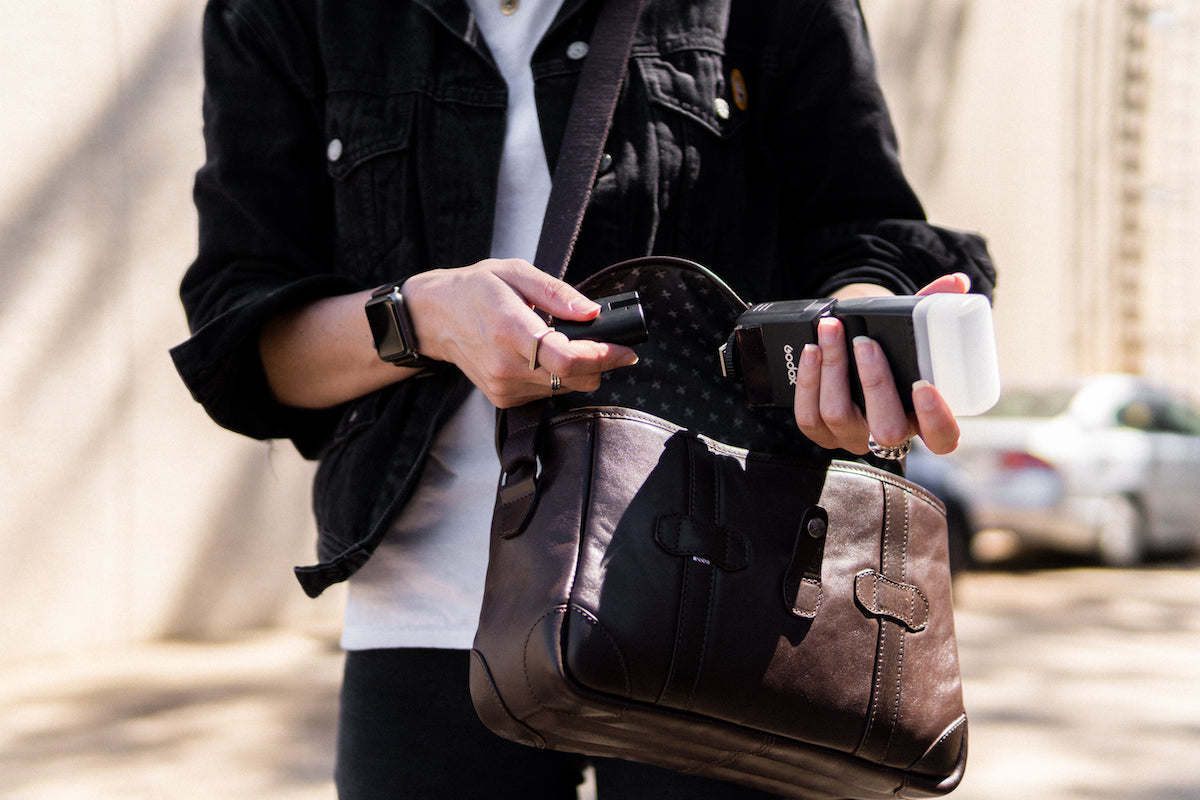
It’s best to always have two batteries on you when you shoot because if you do run out of charge you aren’t stuck. A spare means you don’t have to run one battery all the way down to zero before you charge it as you have another one to swap it with.
Here’s a table which shows Godox batteries, strobes, and speedlights are compatible with each other:
|
Godox Strobe/Speedlight |
Compatible Battery |
Battery Charger |
|
Godox C20 Battery Charger, Godox UC20 USB Charger |
||
Conclusion
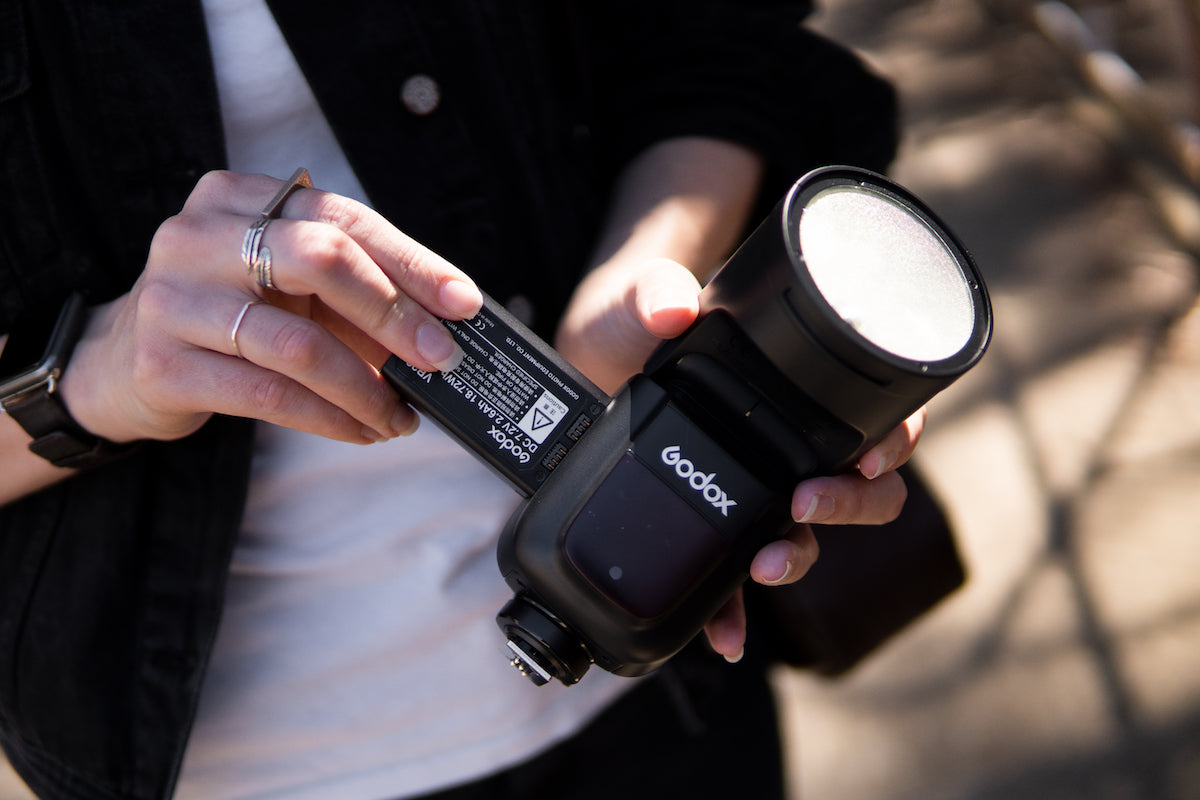
If you follow the tips in this article, you should find that your batteries last as long as they are meant to, and hopefully won’t die in the middle of a shoot.





